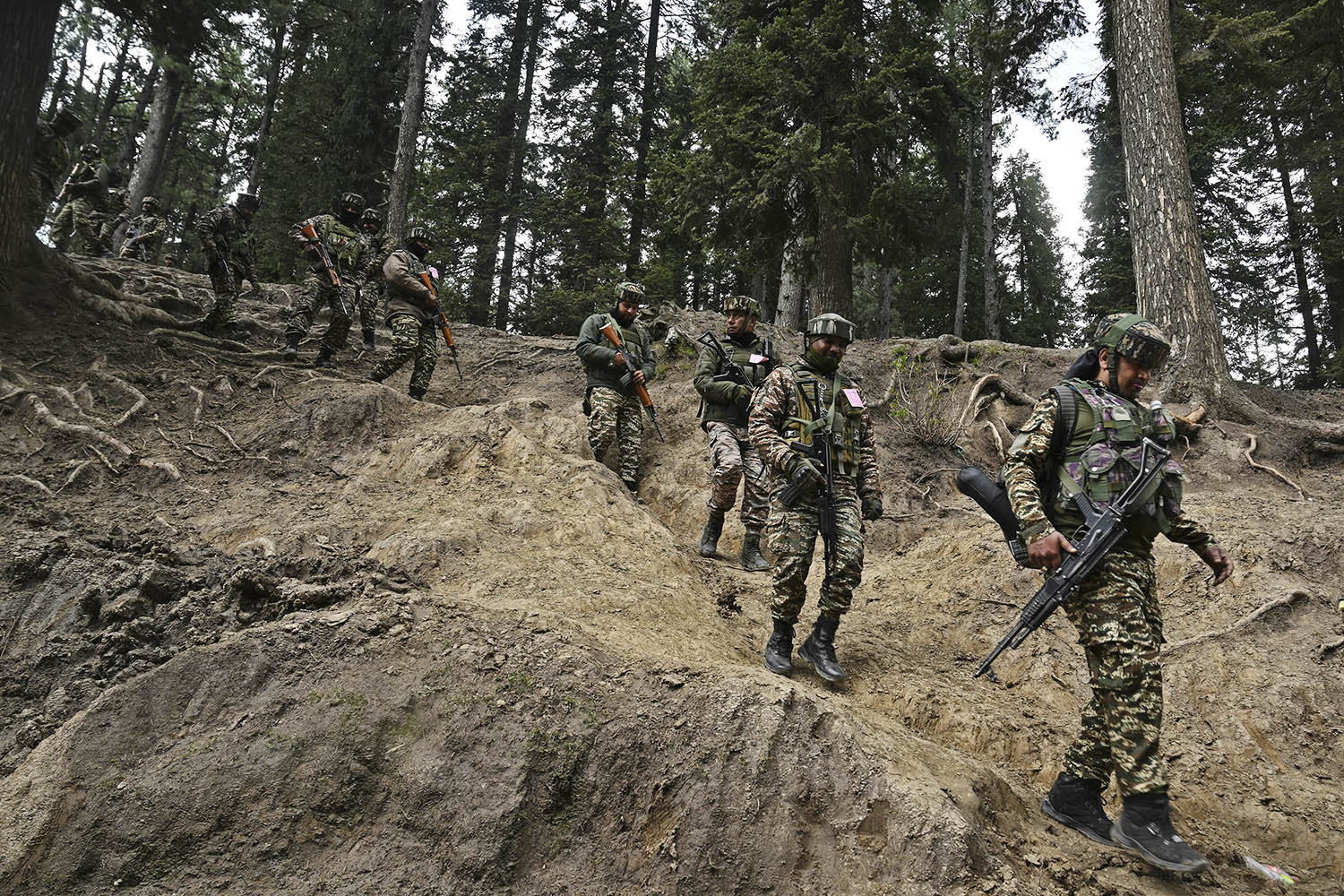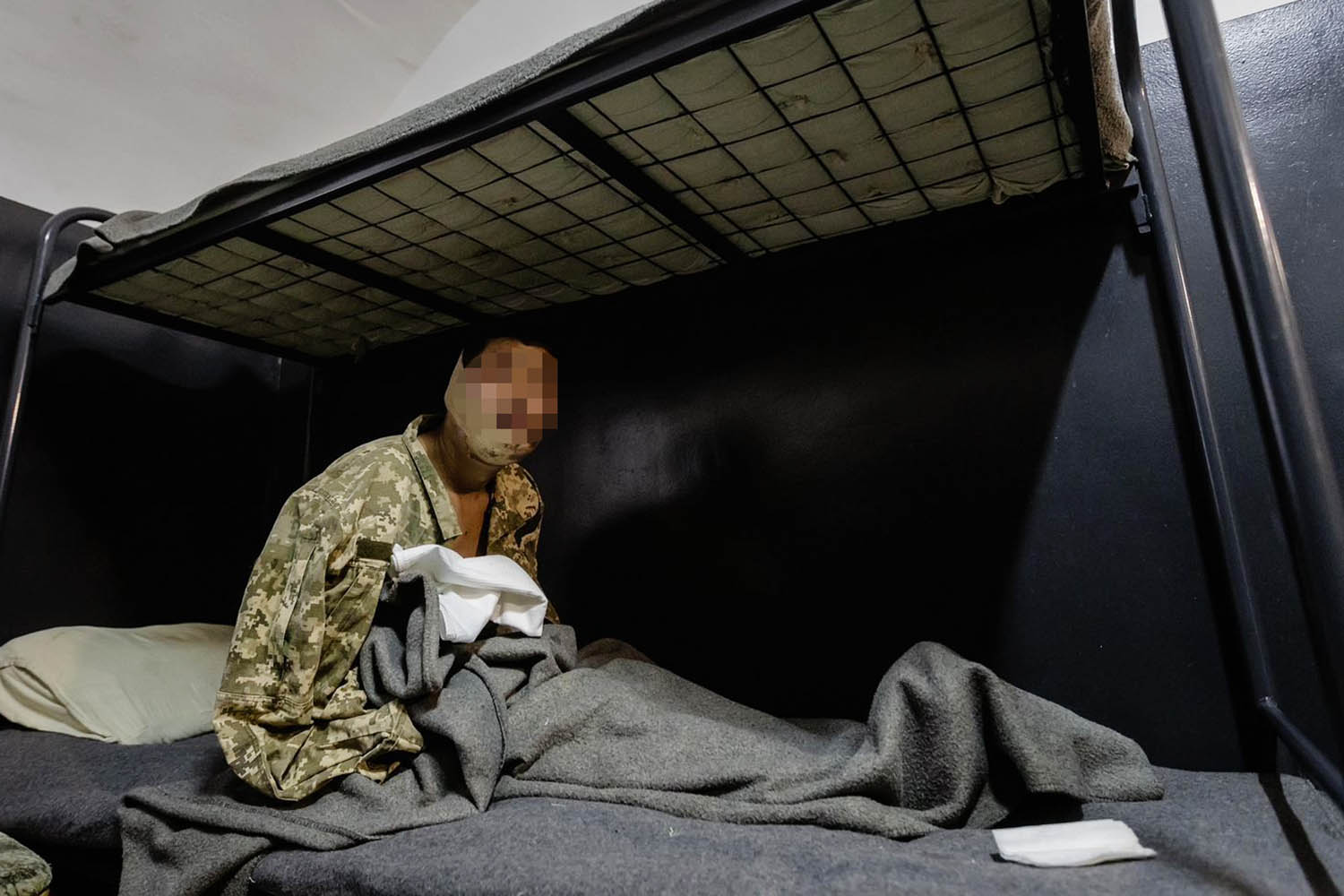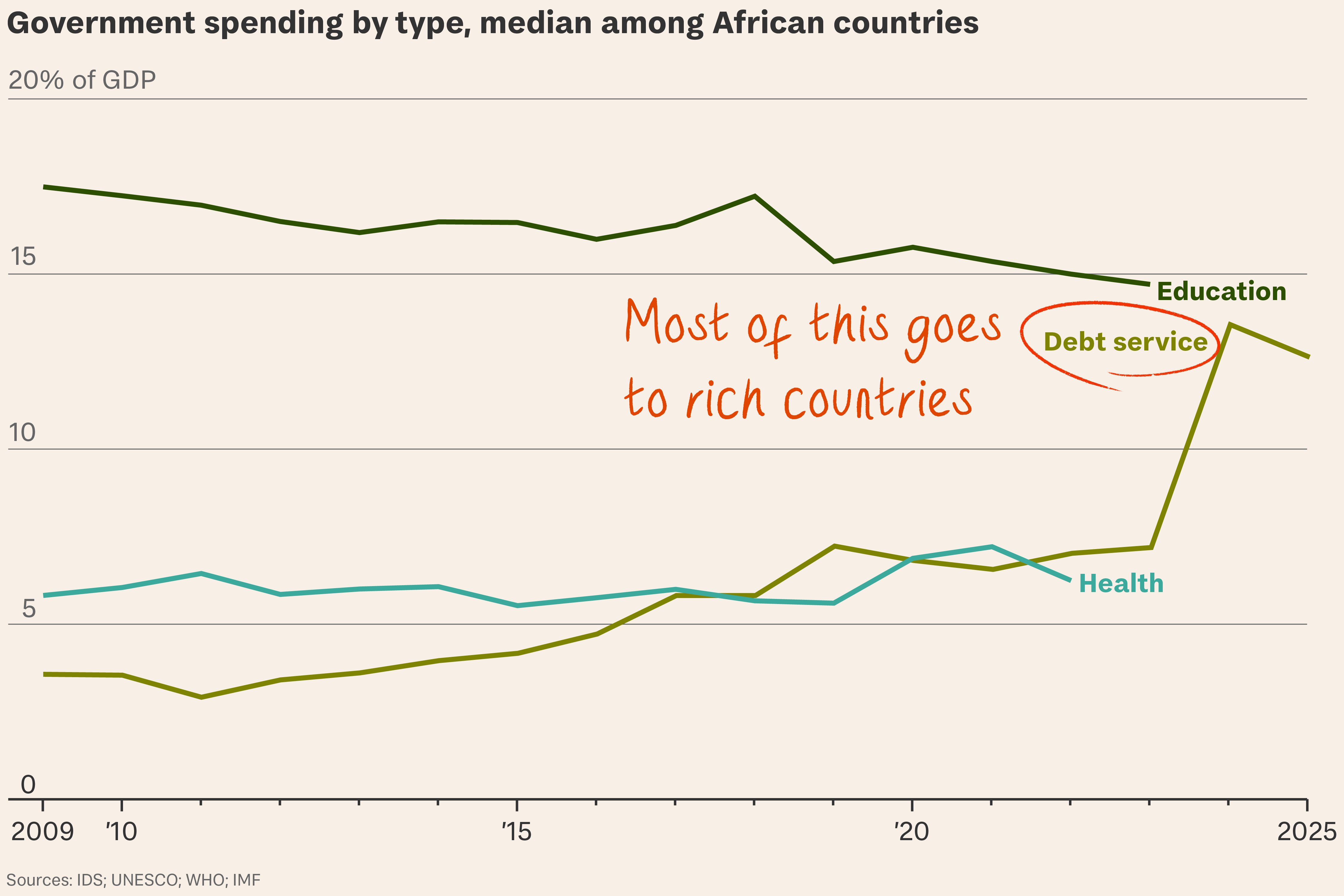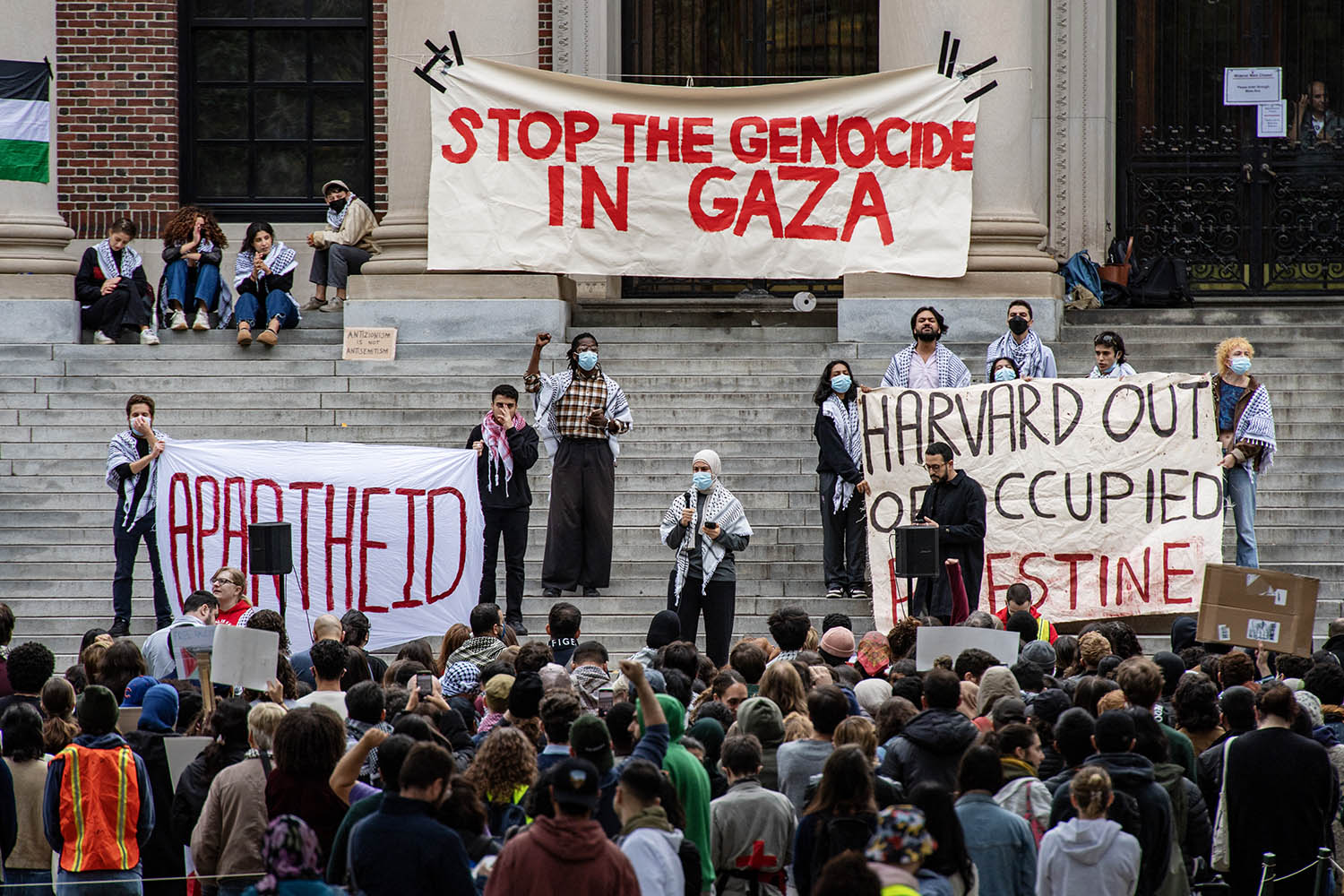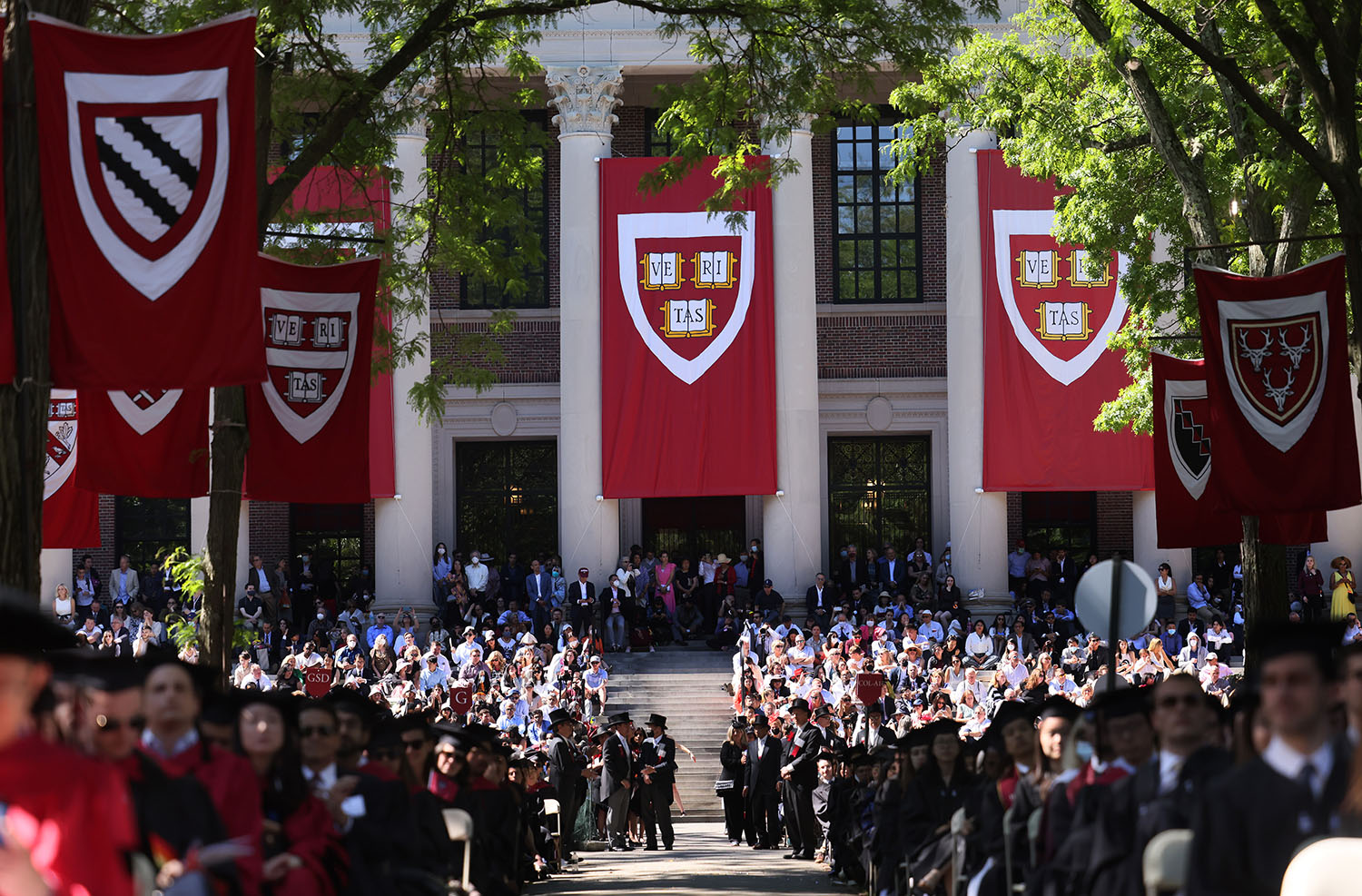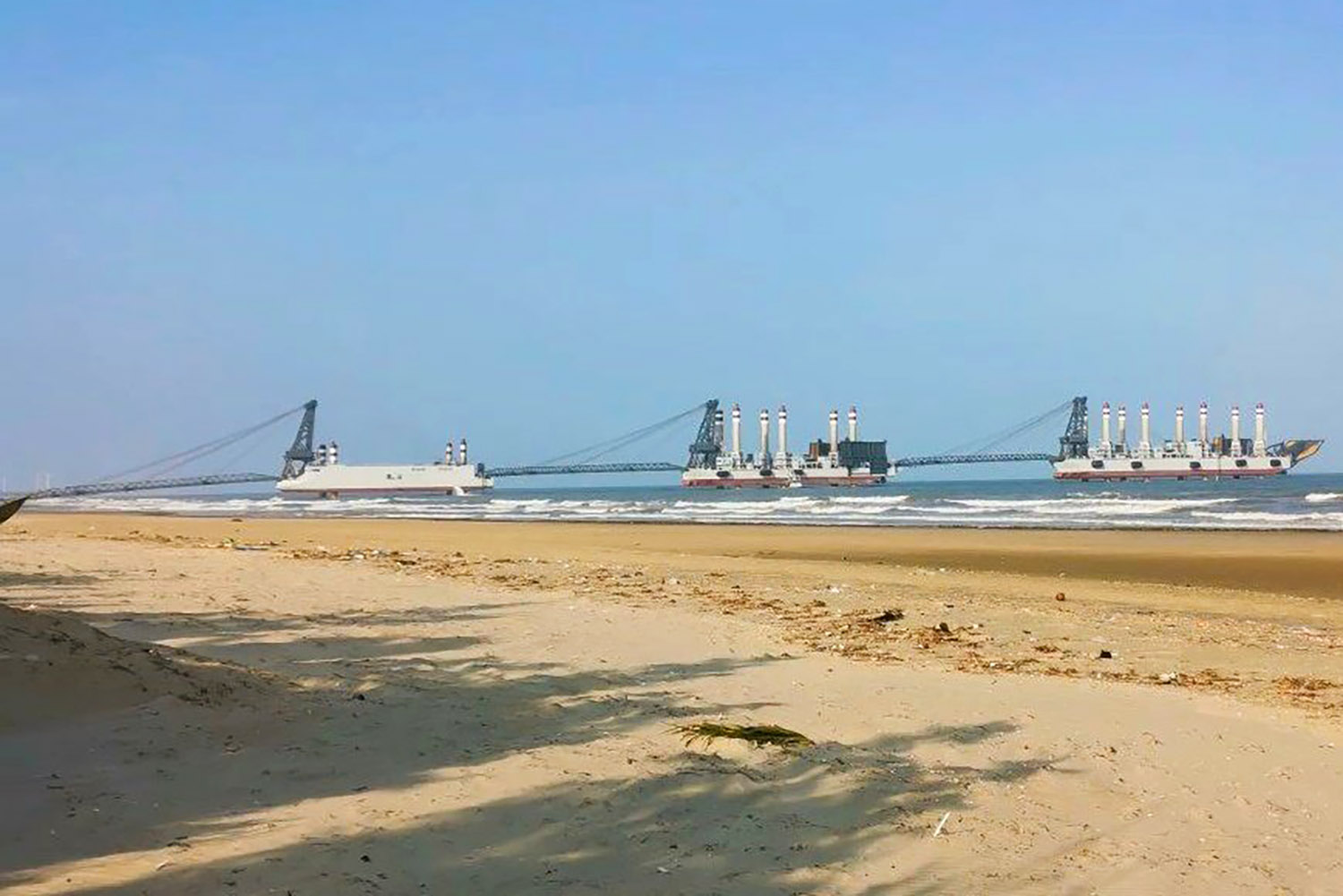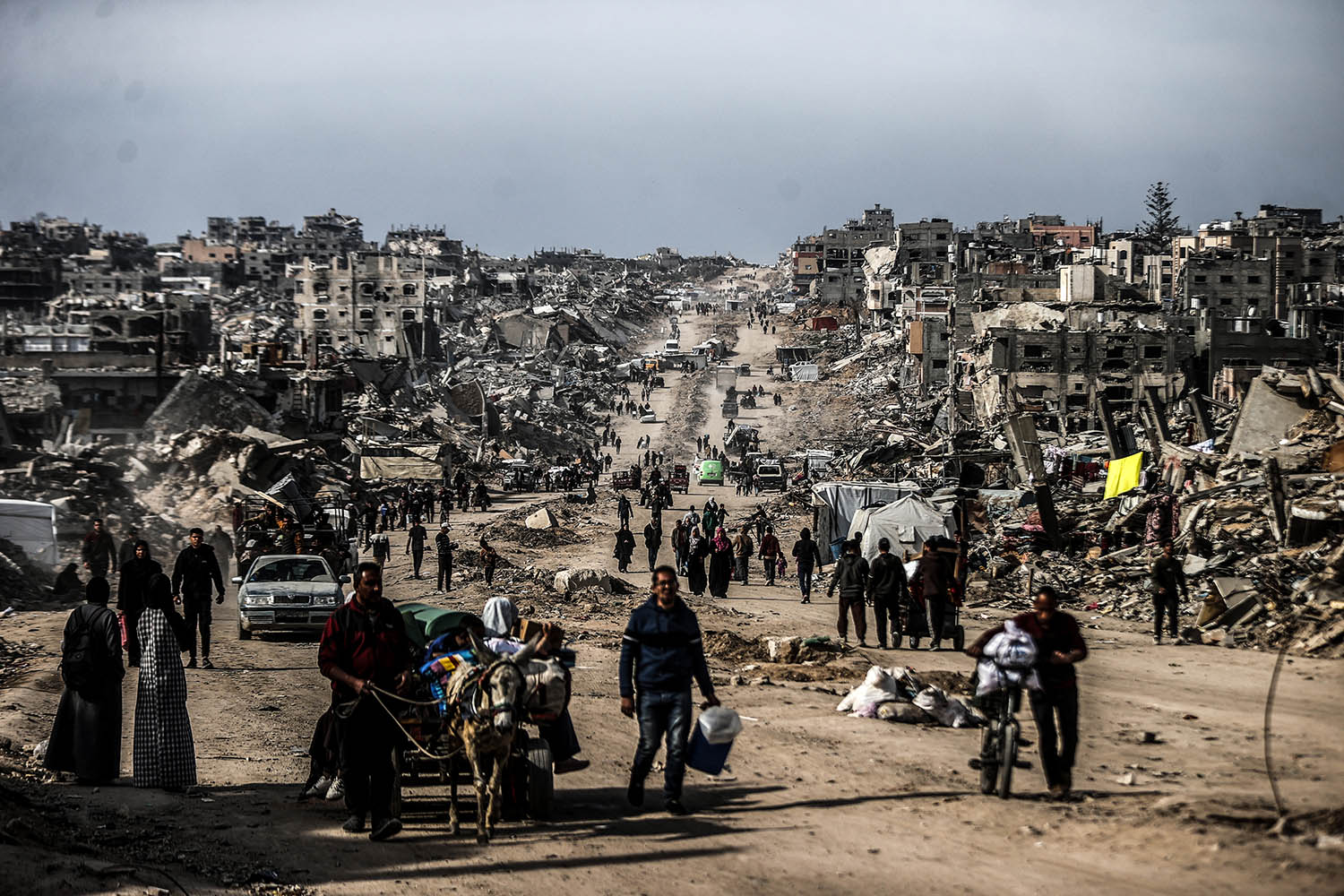
In a joint White House press conference with Israeli prime minister Benjamin Netanyahu on Tuesday night, Donald Trump announced a plan for the US to “take over” and “own” the Gaza Strip – minus its two million Palestinian inhabitants.
He failed to mention that such a move would amount to ethnic cleansing.
And while Netanyahu may have been grinning beside him, the Arab world has come out strongly against the plan.
Jordan and Egypt are so far refusing to bow to Trump’s pressure to agree to resettle Gazans, so that, as Secretary of State Marco Rubio put it, they could “Make Gaza Beautiful Again”.
The plan also risks derailing efforts to secure Trump’s biggest prize in the region: Israel-Saudi normalisation.
Riviera of the Middle East. Declaring Gaza a “hell hole”, “a symbol of death and destruction” and a “demolition site”, Trump called for the Strip to undergo a major economic development which would, over 10 to 15 years, bring thousands of jobs, housing, peace and opportunity to “the world’s people”. He’s tasked Steve Witkoff, his Middle East envoy and a fellow property developer, to lead on it.
It’s not the first time such a plan has been floated. Both Israeli lawmakers and the Biden administration have talked about expelling Palestinians from Gaza since the start of the war in October 2023, and Trump’s son-in-law Jared Kushner proposed a similar plan last year. But this is the first time the US has made a bid for ownership of the territory that has long been regarded as an integral part of a future Palestinian state.
Why now? As negotiations restart ahead of phase two of the Gaza ceasefire, Netanyahu finds himself in a difficult political position. Footage of scores of Hamas fighters overseeing the release of Israeli hostages each week have been damaging to his narrative of “total victory”. Far-right cabinet ministers have threatened to quit the government if Israel does not return to fighting in order to eliminate the militant group once and for all.
For them, Trump’s talk of emptying Gaza of Palestinians comes as cause for celebration, with former national security minister Itamar Ben Gvir, who resigned in opposition to the deal last month, even talking about returning to government. This could give Netanyahu the support he needs to continue to the deal’s second phase. And for Trump, Israel’s commitment to the ceasefire matters for one key reason.
Saudi. With Trump long having his sights set on an Israel-Saudi normalisation deal – which he believes could win him a Nobel Peace Prize – Saudi leaders have made clear that they won’t sign an agreement while Israel is bombing Gaza. So long as Israel is ostensibly up for progressing with the agreement, there’s a chance that Saudi Arabia will be open to signing a deal on the basis that Gazans aren’t actually expelled, and that Trump is merely shifting the goalposts so that less radical options seem acceptable. Crown Prince Mohammed bin Salman, struggling with his own domestic support, would be able to proclaim himself as the person who saved the Palestinians from ethnic cleansing.
And there’s a precedent for this. During Trump’s first term, as part of his Israeli-Palestinian peace plan, Netanyahu had announced that Israel would annex parts of the West Bank – a move that was then tabled in order to move forwards on a Trump-brokered normalisation deal with the UAE.
“This man is an actor in a global theatre, and this has been his tactic, playing big, drawing the world's attention to what he says, getting his rivals out of balance, and eventually something will happen that goes his way,” former Israeli Foreign Minister Shlomo Ben-Ami has said. “Maybe this is a tactical sort of move that tries to say a big thing in order to eventually get a more modest solution.”
For now, the Saudi foreign ministry has announced that the kingdom rejects “any violation of the rights of the Palestinian people, whether through settlement, land annexation, or attempts to displace them” and claimed it would not establish relations with Israel without the establishment of a Palestinian state.
Israel. In a poll published on Monday, roughly 7 out of 10 Israelis support the idea that “Arabs from Gaza should relocate to another country.” A majority of Israelis also support Israel-Saudi normalisation.
But Hamas. The group is likely to see recruitment soar in response to threats of mass expulsion and American takeover. It’s also unlikely to persevere with the ceasefire in the long-term.
Jordan and Egypt. Both countries have rejected the plan for them to take in Gazans, with reports that Jordan is ready for war with Israel if it progresses. Both King Abdullah of Jordan and Egyptian president Abdel Fattah Al Sisi are scheduled to visit the White House later this month to meet with Trump.
For Gazans. 80 per cent of its population are refugees from neighbouring cities and towns inside what is now Israel. Unable to return to those homes, they’re not in a rush to move further away, as the Gaza-based journalist Abubaker Abed made clear: “We are here. And we won’t leave. People would prefer to die alone in Gaza rather than leave for peace.”
Meanwhile, in the West Bank, more than 5,000 families have been displaced by Israeli bombardments, siege and settler violence since the ceasefire came into effect.

